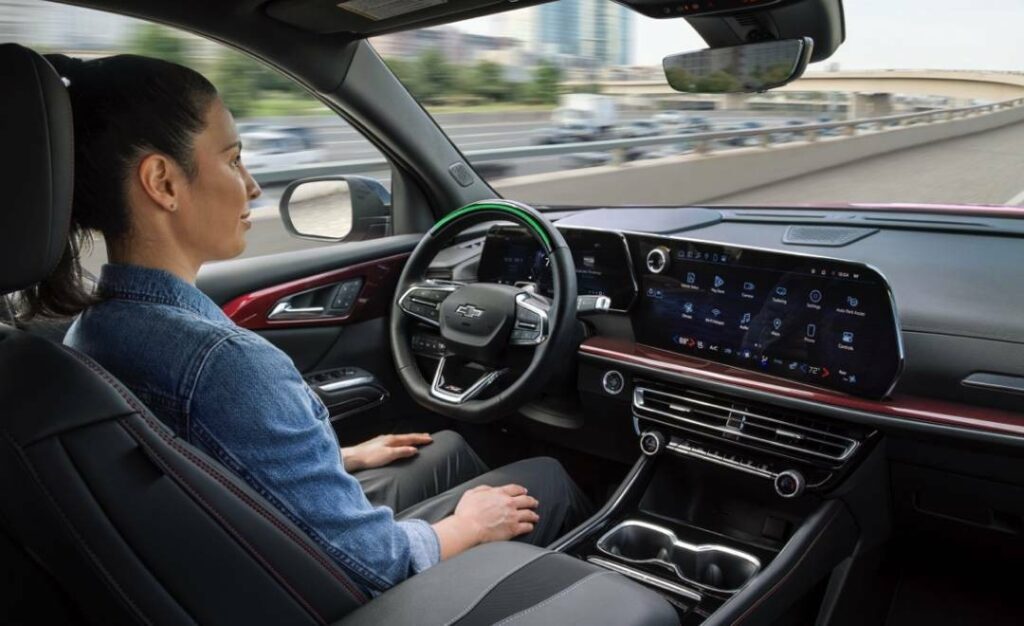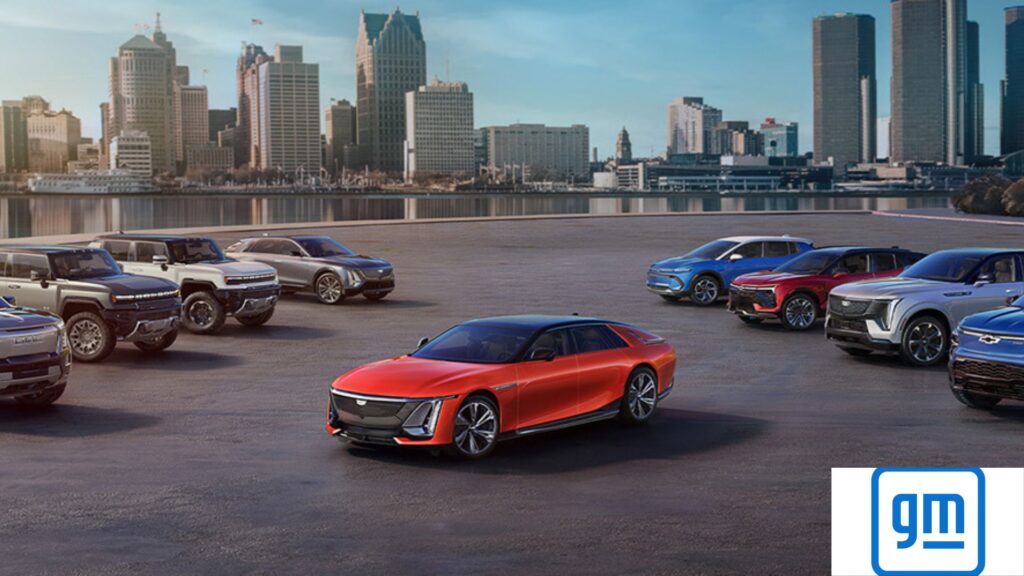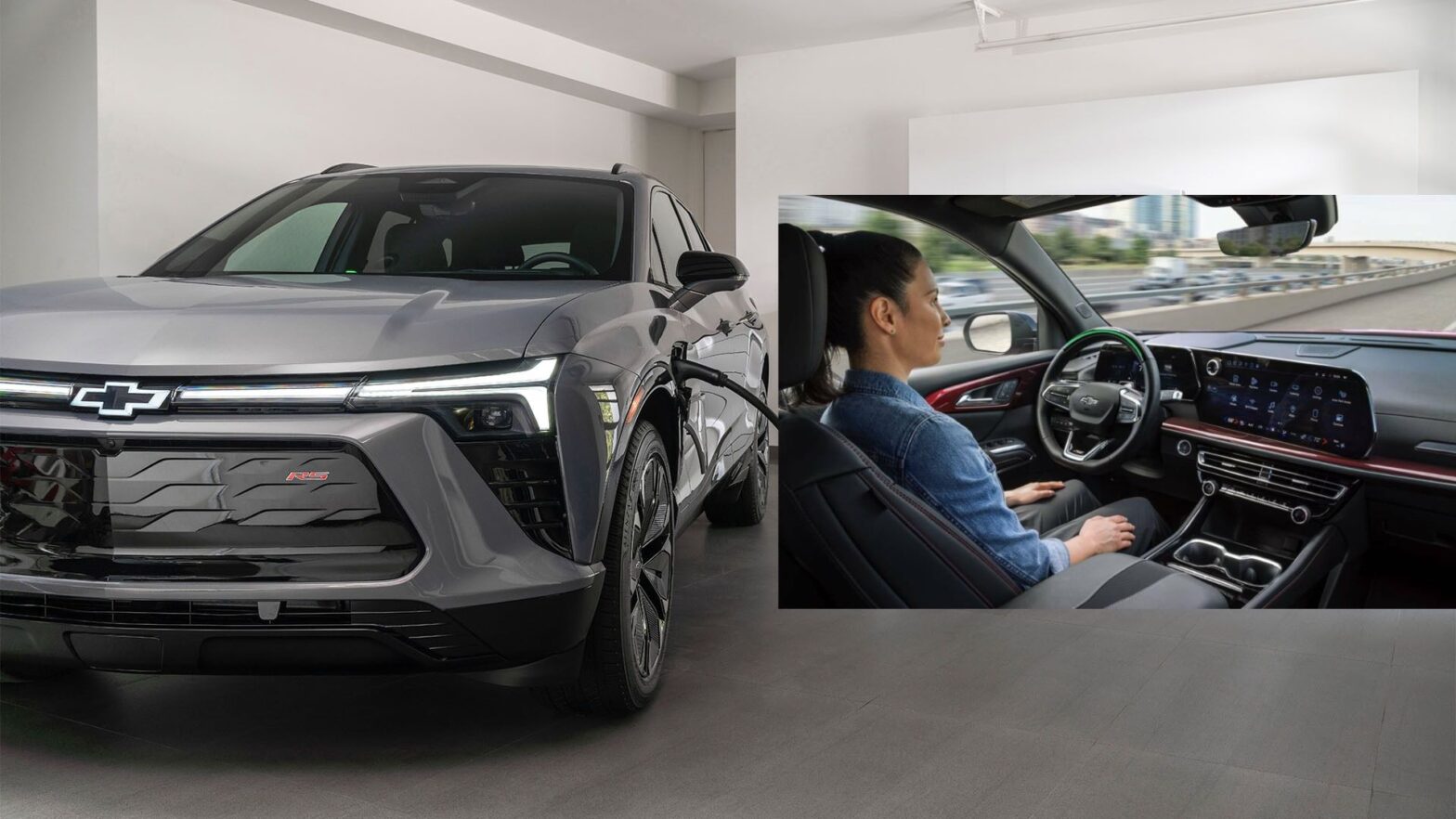In a major strategic shift, General Motors (GM) has announced that it will phase out support for Apple CarPlay and Android Auto in favor of its own software platform, Ultifi, specifically in its upcoming electric vehicles (EVs). This bold decision, led by Baris Cetinok, GM’s Vice President of Software and Services, aims to provide a more seamless and integrated user experience as the company continues its transition into a software-driven automaker.
GM’s Vision for a Unified Driving Experience

GM’s decision to move away from the popular smartphone integration platforms reflects the automaker’s ambitions to create a unique ecosystem within its vehicles, which they believe will allow greater innovation and control over the driver experience. Cetinok argued that relying on smartphone mirroring systems like CarPlay feels outdated, particularly as vehicles increasingly incorporate semi-autonomous capabilities. He explained that GM’s proprietary Ultifi system will enable closer integration of essential vehicle functions with a range of digital features, including navigation, climate control, and entertainment.
The decision also aligns with broader industry trends as traditional automakers face pressure from tech-focused competitors. According to Cetinok, Ultifi is intended not merely as an interface but as a comprehensive in-car platform, offering frequent updates to improve functionality over time. This aligns with GM’s shift towards becoming a tech-centric automotive leader, positioning the company to compete with other tech-forward brands aiming for innovative user experiences.
Why GM Believes Its Own Software is the Future

Cetinok, who joined GM from Apple, brings a unique perspective to the automaker’s ambitious pivot. He believes the move is essential as car manufacturers race to control the digital dashboard—a key area for differentiation in the competitive EV market. He said, “Ultifi will allow us to adapt our vehicles’ features in real time, based on customer feedback and emerging trends.”
GM’s strategy to develop Ultifi centers around creating an adaptable software that can be optimized with fewer hardware constraints, especially as vehicles evolve to accommodate higher levels of autonomy. Cetinok emphasized that this will enable the software to manage vehicle systems more efficiently than external applications, particularly when it comes to complex processes like autonomous navigation or real-time climate adjustment.
Customer Concerns and Potential Impacts on Sales
The shift has sparked mixed reactions from consumers who have become accustomed to the convenience of smartphone integration in their vehicles. GM has acknowledged these concerns, with many customers voicing a preference for familiar interfaces like CarPlay. A recent survey found that 79% of U.S. buyers would consider only a car with CarPlay compatibility, underlining the potential risks GM is taking by going its own way.
While GM believes Ultifi will provide a superior in-car experience, the platform faces initial hurdles. Early users of the system have reported issues, including instability and app crashes, which led to halted sales of affected vehicles for a period. GM has since resumed sales but continues to address these challenges. Cetinok expressed confidence that Ultifi will eventually surpass consumer expectations, but the company acknowledges that some users may need additional support as they transition from traditional smartphone integration to the proprietary system.
GM Takes a Risky Path
In a market where competitors like Ford continue to support CarPlay and Android Auto, GM’s move could prove to be both a bold and risky strategy. Experts suggest that while the in-house platform offers long-term benefits, it may impact GM’s sales if consumers prefer brands that retain compatibility with popular third-party applications. “GM’s decision represents a high-stakes gamble,” stated an analyst at Automotive News. “If Ultifi meets or exceeds customer expectations, it could redefine what in-car connectivity means. But it risks alienating a tech-savvy customer base.”
To mitigate this risk, GM is heavily investing in user education and support to ensure a smooth transition. Ultifi is set to include features beyond what CarPlay offers, such as vehicle-specific navigation and battery management, which the company hopes will add value that current smartphone mirroring platforms cannot match.
















